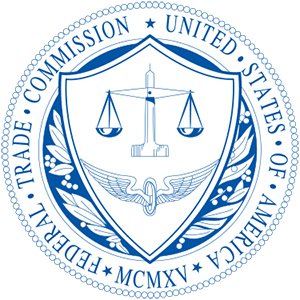
The pleas pulled at heartstrings — donate now to help women struggling with breast cancer pay their rent or their utilities — and generous people responded. In truth, barely a penny of every dollar donated went to cancer patients. Today the FTC and ten state partners sued the so-called “charity” that lied to donors about helping cancer patients.
The FTC says Cancer Recovery Foundation, Inc. (CRFI) was a sham charity that lied to donors about how their donations would be spent. Instead of helping cancer patients, the vast majority of every donation went to fundraisers and Greg Anderson, CRFI’s executive director – cancer patients got only about 1% of the $18.25 million donated to the charity.
The next time you get an unexpected call or letter to donate to a charity, consider these steps to donate safely:
Take your time: Hang up and check out the charity with rating organizations. Some scammers use names that only look and sound like real charities.
Find out how much of your donation goes to the program you want to support. If donating locally is important to you, ask how your donation will impact your area.
Don’t donate to anyone who insists you pay by cash, gift card, wiring money, or cryptocurrency. That’s how scammers tell you to pay. If you decide to donate, pay by credit card, which gives you more protections.
Share this infographic to help others spot and avoid charity scams. Go to ftc.gov/charity for more.